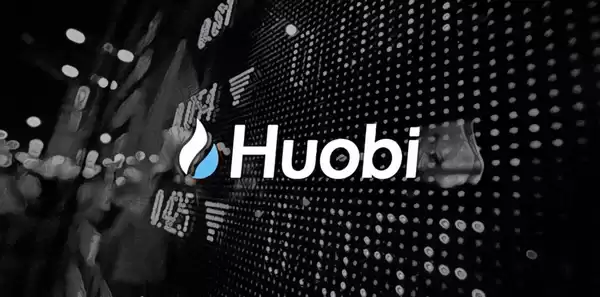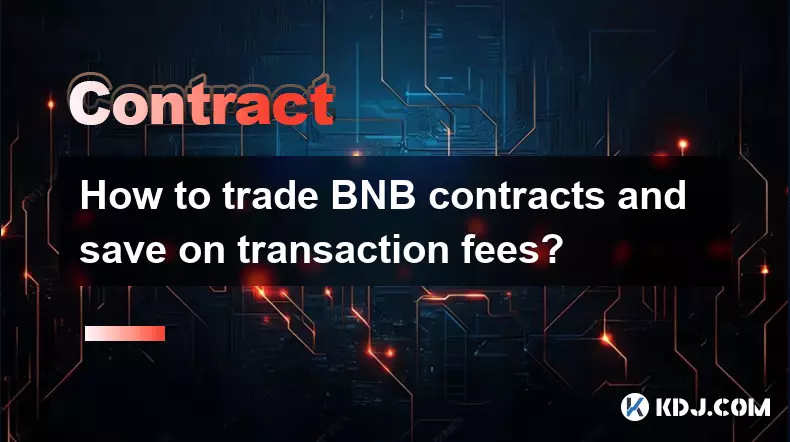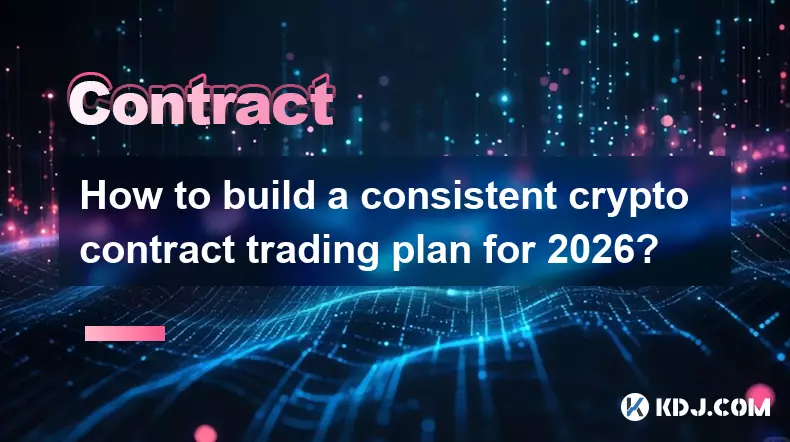-
 bitcoin
bitcoin $87959.907984 USD
1.34% -
 ethereum
ethereum $2920.497338 USD
3.04% -
 tether
tether $0.999775 USD
0.00% -
 xrp
xrp $2.237324 USD
8.12% -
 bnb
bnb $860.243768 USD
0.90% -
 solana
solana $138.089498 USD
5.43% -
 usd-coin
usd-coin $0.999807 USD
0.01% -
 tron
tron $0.272801 USD
-1.53% -
 dogecoin
dogecoin $0.150904 USD
2.96% -
 cardano
cardano $0.421635 USD
1.97% -
 hyperliquid
hyperliquid $32.152445 USD
2.23% -
 bitcoin-cash
bitcoin-cash $533.301069 USD
-1.94% -
 chainlink
chainlink $12.953417 USD
2.68% -
 unus-sed-leo
unus-sed-leo $9.535951 USD
0.73% -
 zcash
zcash $521.483386 USD
-2.87%
Huobi contract trading introduction
Huobi's contract trading platform seamlessly integrates advanced features and tools, empowering traders to navigate the dynamic crypto derivatives market with precision and proficiency.
Nov 12, 2024 at 09:06 pm

Huobi Contract Trading Introduction: A Comprehensive Guide to the Leading Crypto Derivatives Platform
Huobi, one of the world's largest and most reputable cryptocurrency exchanges, offers a comprehensive contract trading platform that empowers traders with a diverse range of features and advanced tools. This step-by-step guide will delve into the intricacies of Huobi's contract trading services, equipping you with the knowledge to navigate this dynamic and lucrative market.
Step 1: Understanding Contract Trading
Contract trading in the realm of cryptocurrencies involves the exchange of futures contracts that represent the underlying asset, such as Bitcoin or Ethereum. These contracts allow traders to speculate on the future price of the asset without having to own the physical cryptocurrencies.
Step 2: Choosing the Right Contract Type
Huobi offers two primary contract types:
- USDT-Margined Contracts: These contracts are settled in Tether (USDT), a stablecoin pegged to the US dollar. Traders can use USDT as collateral to open positions, reducing the risk of liquidation due to volatile price fluctuations.
- Coin-Margined Contracts: These contracts are settled in the underlying cryptocurrency, such as BTC or ETH. Traders must hold a sufficient balance of the corresponding coin as collateral to open positions. While they offer higher leverage, they also carry a higher risk of liquidation due to price volatility.
Step 3: Opening a Contract Trading Account
To commence contract trading on Huobi, you must first create a trading account. Visit the Huobi website, register an account, and complete the necessary verification procedures. Once your account is created, you can access the contract trading platform and deposit funds to start trading.
Step 4: Funding Your Account
Huobi supports a wide range of funding methods, including:
- Cryptocurrency deposits: Deposit various cryptocurrencies, such as Bitcoin, Ethereum, and Tether, into your account to use as collateral for your contract trades.
- Fiat currency deposits: Deposit fiat currencies, such as USD or EUR, using supported payment gateways like bank transfers, credit cards, or third-party providers.
Step 5: Selecting the Trading Pair
Choose the contract trading pair that corresponds to the underlying asset you wish to trade. Huobi offers a wide selection of trading pairs, including BTC/USDT, ETH/USDT, and other popular cryptocurrencies.
Step 6: Setting Order Parameters
Determine the type of order you want to place. Huobi offers various order types, including:
- Limit orders: Execute trades only when the market price reaches your desired entry or exit point.
- Market orders: Execute trades immediately at the current market price.
- Stop-loss orders: Trigger trades when the price falls below a predetermined level to limit potential losses.
- Take-profit orders: Trigger trades when the price rises above a predetermined level to lock in profits.
Step 7: Monitoring and Managing Positions
Once you have entered a trade, you can monitor your open positions in real-time. Huobi provides a comprehensive dashboard that displays critical information such as your position size, entry and exit points, and unrealized profit and loss (P&L).
Step 8: Risk Management Strategies
Effective risk management is crucial for successful contract trading. Huobi offers several risk management tools:
- Margin calls: Huobi will issue a margin call if your account balance falls below a certain threshold. You will need to deposit additional funds or close positions to meet the margin requirement and avoid liquidation.
- Stop-loss orders: Place stop-loss orders to automatically close your positions if the price moves against you, limiting potential losses.
Step 9: Withdrawals and Settlements
When you close a position, the profits (or losses) will be credited to your account balance. You can withdraw your funds anytime using the supported withdrawal methods.
Step 10: Additional Features and Resources
Huobi's contract trading platform offers a range of additional features and resources to enhance your trading experience:
- Demo trading: Practice contract trading without risking real funds using a demo account.
- Trading tools: Utilize advanced trading tools like charts, technical indicators, and market depth to enhance your decision-making.
- Educational resources: Access articles, webinars, and other educational materials to expand your knowledge and improve your trading skills.
Disclaimer:info@kdj.com
The information provided is not trading advice. kdj.com does not assume any responsibility for any investments made based on the information provided in this article. Cryptocurrencies are highly volatile and it is highly recommended that you invest with caution after thorough research!
If you believe that the content used on this website infringes your copyright, please contact us immediately (info@kdj.com) and we will delete it promptly.
- Bitcoin Under Pressure: Galaxy Analyst Eyes $58K Amidst ETF Outflows and Weakening Debasement Narrative
- 2026-02-03 19:00:02
- Crypto Market Stabilizes as Bitcoin Rebounds; Key Factors Driving the Recovery
- 2026-02-03 19:10:02
- ETH Rebound Ignites L3 Architecture Race: Liquid Chain Eyes the Fragmentation Fix
- 2026-02-03 19:10:02
- Halle Berry Unpacks Prom Queen Racism and Hollywood's Persistent Barriers
- 2026-02-03 19:40:02
- Epstein Files, Israel, and Bitcoin Network: Unpacking the Weekend's Crypto Turmoil and Lingering Control Claims
- 2026-02-03 19:40:02
- Elon Musk, SpaceX, Dogecoin: To the Moon and Beyond with AI-Powered Dreams
- 2026-02-03 19:35:01
Related knowledge

How to close a crypto contract position manually or automatically?
Feb 01,2026 at 11:19pm
Manual Position Closure Process1. Log into the trading platform where the contract is active and navigate to the 'Positions' or 'Open Orders' tab. 2. ...

How to understand the impact of Bitcoin ETFs on crypto contracts?
Feb 01,2026 at 04:19pm
Bitcoin ETFs and Market Liquidity1. Bitcoin ETFs introduce institutional capital directly into the spot market, increasing order book depth and reduci...

How to trade DeFi contracts during the current liquidity surge?
Feb 01,2026 at 07:00am
Understanding Liquidity Dynamics in DeFi Protocols1. Liquidity surges in DeFi are often triggered by coordinated capital inflows from yield farming in...

How to use social trading to copy crypto contract experts?
Feb 02,2026 at 07:40am
Understanding Social Trading Platforms1. Social trading platforms integrate real-time market data with user interaction features, enabling traders to ...

How to trade BNB contracts and save on transaction fees?
Feb 03,2026 at 12:39am
Understanding BNB Contract Trading Mechanics1. BNB contracts are derivative instruments traded on Binance Futures, allowing users to gain leveraged ex...

How to build a consistent crypto contract trading plan for 2026?
Feb 02,2026 at 10:59pm
Defining Contract Specifications1. Selecting the underlying asset requires evaluating liquidity depth, historical volatility, and exchange support acr...

How to close a crypto contract position manually or automatically?
Feb 01,2026 at 11:19pm
Manual Position Closure Process1. Log into the trading platform where the contract is active and navigate to the 'Positions' or 'Open Orders' tab. 2. ...

How to understand the impact of Bitcoin ETFs on crypto contracts?
Feb 01,2026 at 04:19pm
Bitcoin ETFs and Market Liquidity1. Bitcoin ETFs introduce institutional capital directly into the spot market, increasing order book depth and reduci...

How to trade DeFi contracts during the current liquidity surge?
Feb 01,2026 at 07:00am
Understanding Liquidity Dynamics in DeFi Protocols1. Liquidity surges in DeFi are often triggered by coordinated capital inflows from yield farming in...

How to use social trading to copy crypto contract experts?
Feb 02,2026 at 07:40am
Understanding Social Trading Platforms1. Social trading platforms integrate real-time market data with user interaction features, enabling traders to ...

How to trade BNB contracts and save on transaction fees?
Feb 03,2026 at 12:39am
Understanding BNB Contract Trading Mechanics1. BNB contracts are derivative instruments traded on Binance Futures, allowing users to gain leveraged ex...

How to build a consistent crypto contract trading plan for 2026?
Feb 02,2026 at 10:59pm
Defining Contract Specifications1. Selecting the underlying asset requires evaluating liquidity depth, historical volatility, and exchange support acr...
See all articles

























![Discontinuum by: ArchitechGD 100% (1 coin) (Mobile) Geometry Dash [2.2] Discontinuum by: ArchitechGD 100% (1 coin) (Mobile) Geometry Dash [2.2]](/uploads/2026/02/03/cryptocurrencies-news/videos/origin_69814d99e6b61_image_500_375.webp)
















































